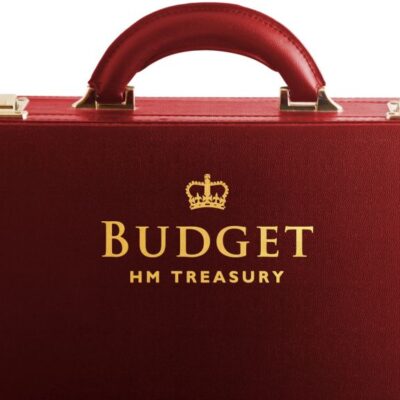Reading time: 3 Minutes
Have you ever considered investing in property? Like all markets, the UK property market has seen its share of rise and fall, with recent trends heading upwards. However, investors don’t think the market has peaked as yet and, according to recent reports, are confident there’s still money to be made in the market over the next twelve months.
So, how do you make money in the property market? Long term investors tend to ride the market, waiting for property to inevitably rise before selling it on for a profit. A portfolio of rental properties can generate a return on investment higher than any offered by the banks, plus of course there’s always the option to sell. And, in the short term, it’s about spotting the areas that are about to boom, and getting in while prices are low.
If you own a property, even if it’s your own home, you’ve invested in property. It’s an asset that, unless you’re spectacularly unlucky, will appreciate in value over time – it’s basically a waiting game. However, if you’re looking to invest in additional properties, it’s important to do your research before purchasing, to ensure you make the right decisions with your money. If you’re putting together a property portfolio with a view to rental, location and property type are key to making sure you get the best returns. The pandemic changed how many of us worked and lived, with a short-term downturn in the demand for city-centre flats. However, with the return to universities and offices, centrally-located properties are seeing a rise in demand once more.
So, which type of property is best for you? It depends how you’d like to invest. As mentioned, simply owning your own home is an investment, whether freehold or leasehold. If you want to create a portfolio of properties, consider whether you’d like to concentrate on one type of asset, such as only purchasing apartments, or whether diversifying is a smarter option for you. Buy-to-let mortgages, offered by most banks, are a good way to get on the investment ladder, with the mortgage payments covered by the income from the property. If you’re unsure which option is right for you, consider speaking with a qualified investment adviser, or consult your local estate agent. Research is key to making sure you know what type of property is in demand in your area of interest, as well as the type of returns you can expect.
Another area of property investment is the furnished holiday let, something that, if you purchase wisely, will begin generating income quickly. While the pandemic made a substantial dent in the holiday let market, it rebounded strongly due to travel restrictions out of the UK, with demand exceeding supply, especially during school holidays. Because these are short-term lets, they can be run as a business, meaning that certain expenses can be claimed against taxes. However, don’t think you can buy one and let it out for a week or two each year, then enjoy the sea and sunshine yourself for the rest of the time! To qualify as a holiday let, the property must be available for a minimum of 210 days per year, and actually occupied by guests for a minimum of 105 days.
Of course, investing in property isn’t just an endless money train. Costs such as stamp duty, maintenance fees, renovation costs, management costs (if you don’t manage the property yourself), as well as the time taken to find and deal with tenants, will all eat into your returns. Still, with the demand for property showing no sign of easing, it’s still a very worthwhile investment. According to Zoopla, the average cost of a UK home has risen by £29,000 in the past two years alone! The market continues to grow and, where there’s growth, there’s opportunity for investment. The key is to do your homework, buy strategically, and know when to hold, and when to let go.




